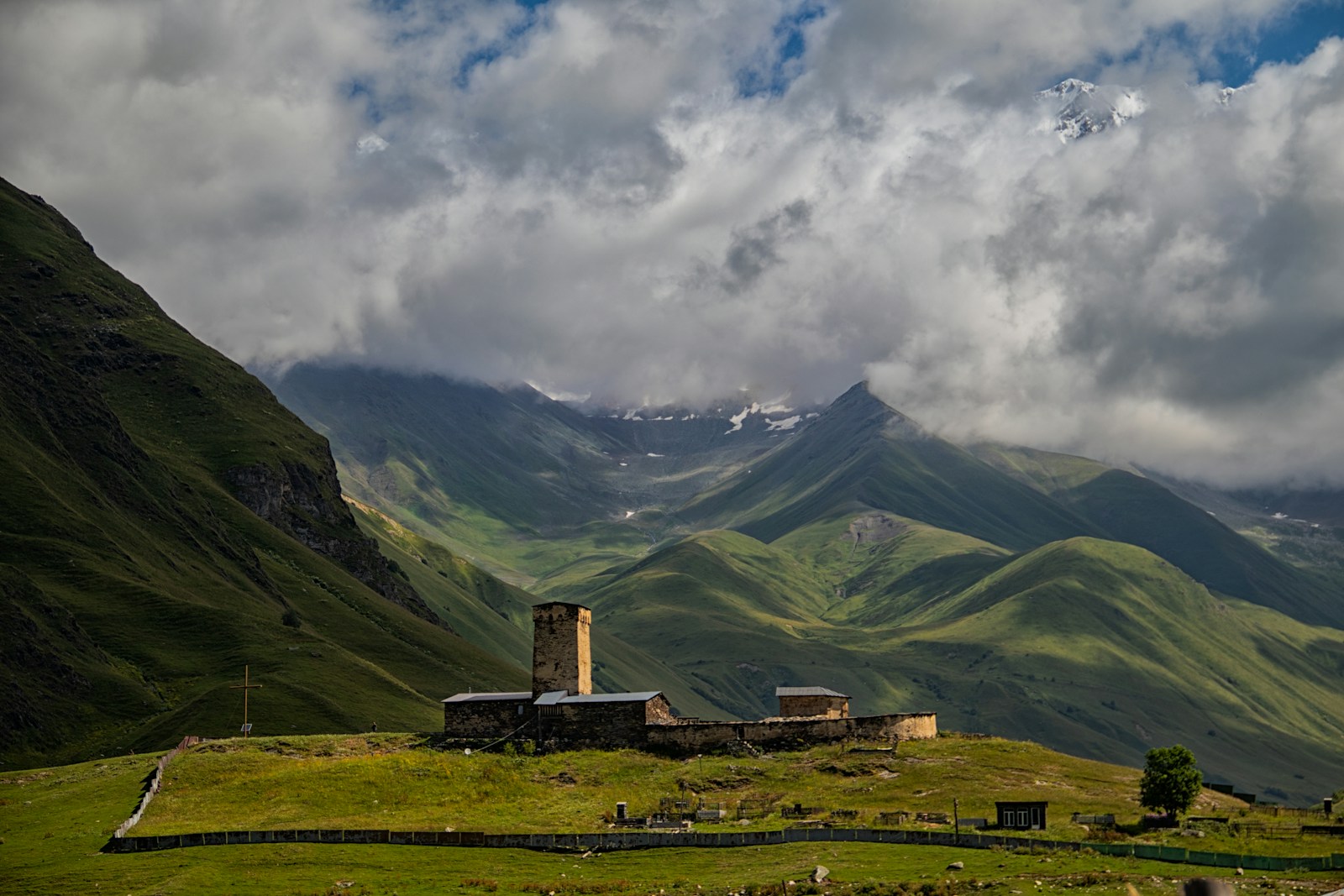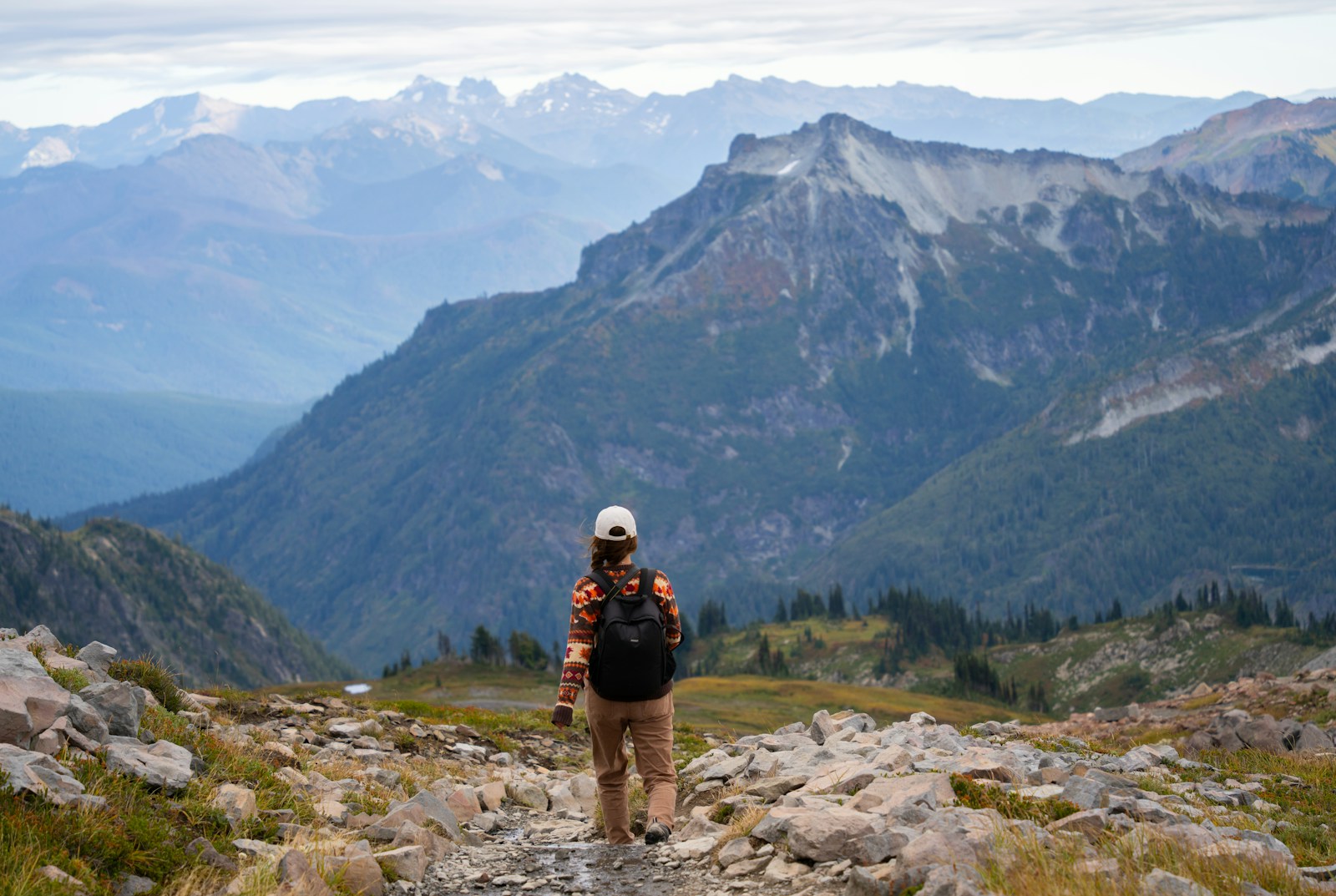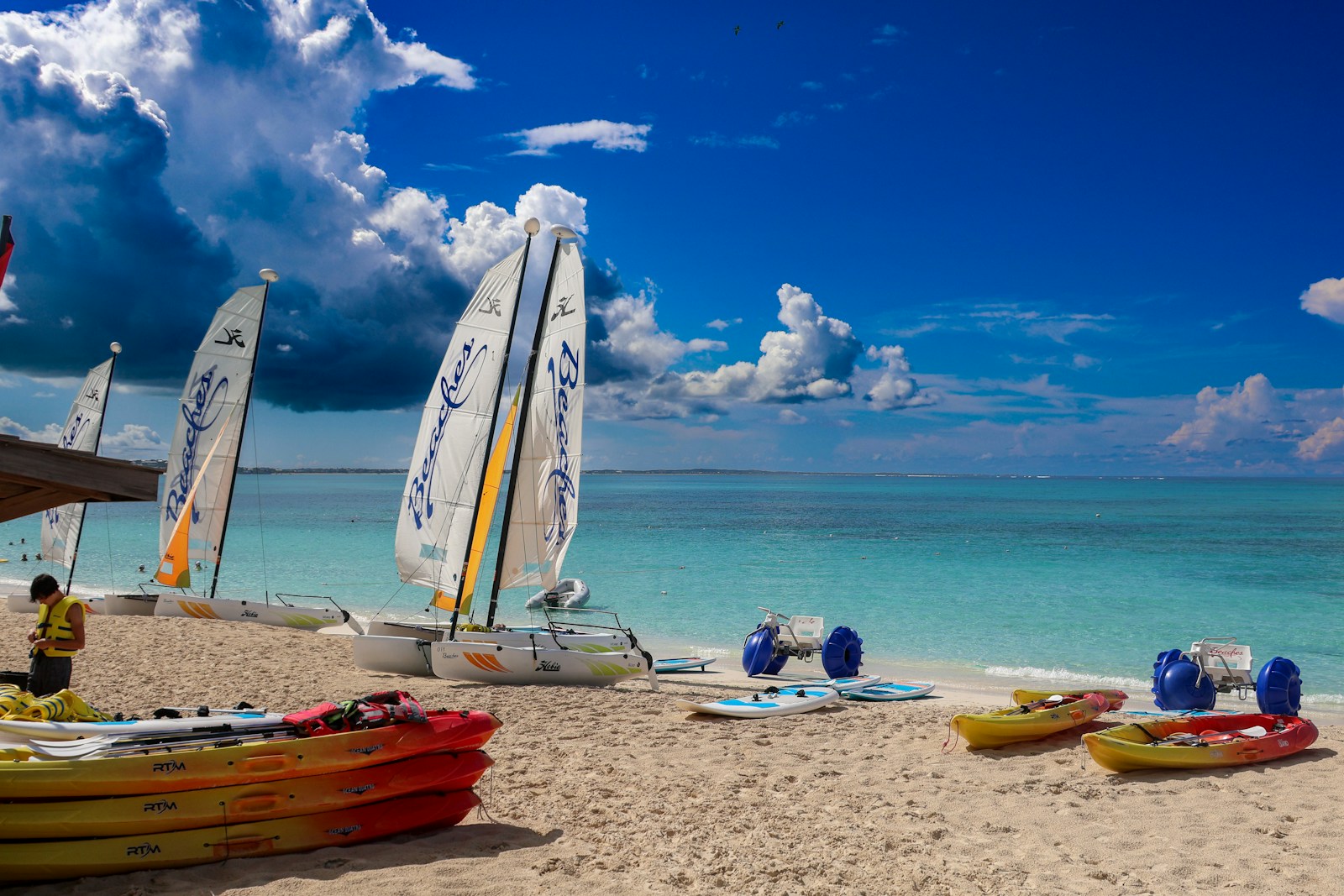Travel Tips Guide to Save Money, Time, and EnergyIntro to Travel Tips
Traveling doesn’t have to drain your wallet or your energy. With the right planning and mindset, you can explore the world while staying within budget and creating memories that last a lifetime. This guide breaks down practical, budget-friendly tips designed to help you navigate your next adventure with confidence, joy, and financial peace of mind.
1. Plan Ahead to Save More
Preparation is the foundation of affordable and efficient travel. Early planning helps you secure better prices, anticipate requirements, and reduce the likelihood of unexpected expenses.
Do Your Research:
Check the best travel seasons for your chosen destination to avoid inflated peak pricing. Always review entry requirements—such as visas, health certificates, or vaccination rules—before booking. For U.S. citizens, the U.S. State Department’s travel page offers up-to-date entry requirements and safety advisories by country. UK travelers can find similar information on the UK Foreign, Commonwealth & Development Office site.
Create a Flexible Itinerary:
A structured plan keeps you on budget, while flexibility leaves room for spontaneous discoveries. Often, the best memories—and savings—come from local markets, neighborhood festivals, and cultural events you stumble upon.
2. Set a Realistic Travel Budget
Budgeting gives you clarity and helps you avoid financial stress during your trip. Breaking down expenses by category ensures no surprises.
Main Budget Categories:
- Transportation: Flights, trains, buses, and taxis. Booking in advance almost always yields better rates.
- Accommodation: Compare hotels, hostels, and short-term rentals. Each offers different trade-offs in cost, privacy, and convenience.
- Food and Drink: Dining at local eateries or trying street food often costs less and feels more authentic than tourist restaurants.
- Activities: Include attraction fees, guided tours, and spontaneous experiences.
Tip: Use travel budgeting tools and apps, and cross-check local cost averages on resources like Numbeo, which provides crowd-sourced cost-of-living data worldwide.
3. Pack Smart and Light
Packing smart saves money on baggage fees, reduces stress at airports, and keeps you mobile.
Smart Packing Tips:
Choose versatile, neutral-colored clothing that mixes and matches. Limit shoes to one walking pair and one casual or dressy option. Add essentials like a laundry bag, compact first-aid kit, and travel-sized toiletries. For U.S. air travel, check the Transportation Security Administration (TSA) rules to ensure your carry-on meets regulations.
4. Stay Connected Without Overspending
Connectivity is essential for directions, bookings, and communication—but roaming charges can destroy a budget.
Top Connectivity Tips:
Use local SIM cards or prepaid eSIMs for affordable data. Download offline maps and translation apps to reduce dependence on Wi-Fi. Always carry a power bank and universal adapter to keep devices ready on long days.
5. Respect Local Cultures and Etiquette
Traveling responsibly means respecting the traditions and expectations of your destination.
Ways to Show Respect:
Learn basic greetings and polite phrases in the local language—it fosters goodwill and opens doors. Dress appropriately, especially when visiting religious or cultural sites. Observe social customs, including tipping, queueing, and table manners.
6. Travel Safely and Confidently
Awareness and preparation significantly reduce risks when traveling abroad.
Essential Safety Tips:
Avoid poorly lit or unfamiliar areas at night, and use common sense when navigating crowds. Secure your belongings with lockable or anti-theft bags. Keep digital and physical copies of your passport and travel documents. Before departure, check the official travel advisories to understand safety risks for your destination.
7. Avoid Going Into Debt While Traveling
Memories should outlast bills. Traveling within your means ensures peace of mind.
Smart Financial Practices:
Use travel reward cards for points or miles but pay balances off monthly to avoid interest. Choose destinations during shoulder seasons for lower costs and fewer crowds. Prioritize countries where your currency stretches further, like those highlighted on Numbeo.
8. Travel Insurance for Peace of Mind
Emergencies happen, from illness to cancellations. Travel insurance offers protection against financial and medical risks.
Smart Insurance Planning:
Select a reputable provider with broad coverage—medical, cancellation, and lost baggage. The U.S. Travel Insurance Association (USTIA) offers consumer resources to help compare policies and understand benefits. Always carry both digital and physical copies of your policy.
9. Book Flights and Tours in Advance
Booking ahead secures lower prices and guarantees your spot at popular attractions.
Flight & Tour Tips:
Use flight comparison tools and set alerts for price drops. Flexibility with dates often results in savings. Reserve tours early, especially at UNESCO sites or high-demand activities.
10. Choose Flexible Accommodation Options
Plans change—your lodging should adapt.
Accommodation Booking Tips:
Prioritize hotels or rentals offering free cancellation. Booking directly with the property can sometimes unlock lower rates or perks. Read multiple reviews to avoid scams or mismatches.
11. Carry Multiple Debit and Credit Cards
Backup payment options prevent crises if one card is lost, stolen, or declined.
Card Strategy:
Bring at least one debit card and one credit card. Keep them in separate places—one on your person, one in your bag. Look for cards that waive foreign transaction fees to save on international purchases.
12. Manage Cash Carefully
Cash remains vital in many destinations, especially for markets, local transit, and tipping.
Cash Handling Tips:
Carry small denominations for easy transactions. Avoid exchanging at airports, where rates are often unfavorable. Use local ATMs or banks for better exchange rates, and keep cash secure in a money belt or hidden pouch.
13. Use Tour Booking Platforms for Simplicity
Platforms streamline reservations and provide reviews for guidance.
Helpful Advice:
Compare experiences on reputable booking sites. Seek local, small-group tours that provide more authentic perspectives. Always check verified traveler reviews before booking.
14. Try Free Walking Tours for Local Insights
Free walking tours are both educational and budget-friendly.
Tips for Success:
Arrive early, wear comfortable shoes, and research guides with positive reputations. Tours are technically free but tip generously—it’s respectful and sustains the model.
15. Hire Local Guides for Deeper Connections
Local guides provide context and enrich your understanding of culture and history.
Why It’s Worth It:
Guides support local economies, share insider perspectives, and sometimes grant access to hidden or less-touristed spots. Their stories transform sights into meaningful experiences.
16. Bring the Right Travel Accessories
Small tools make a big impact on comfort and security.
Packing Essentials:
A universal charger and spare cables prevent power struggles. A first-aid kit covers minor health issues. A foldable daypack works for markets, hikes, or unexpected storage needs.
17. Dress for Comfort and Weather
Your clothing choices affect comfort, mobility, and confidence.
Clothing Tips:
Pack layers that adapt to shifting climates. Choose breathable, quick-dry fabrics for versatility. Always bring a compact rain jacket—weather is unpredictable almost everywhere.
18. Learn as You Go and Stay Flexible
Travel is a process of adaptation and growth.
Stay Curious:
Engage with locals, ask questions, and remain open to new ideas. Keep a journal to reflect on your experiences. Allow room in your itinerary for unplanned encounters—sometimes those create the most enduring memories.
Final Thoughts on Travel Tips
Travel doesn’t need to be expensive or stressful to be transformative. With foresight, smart budgeting, and cultural respect, you can save money, conserve energy, and make the most of your journey. By applying these strategies, you gain freedom to focus on what matters most: the experiences that stay with you long after you’ve returned home.






